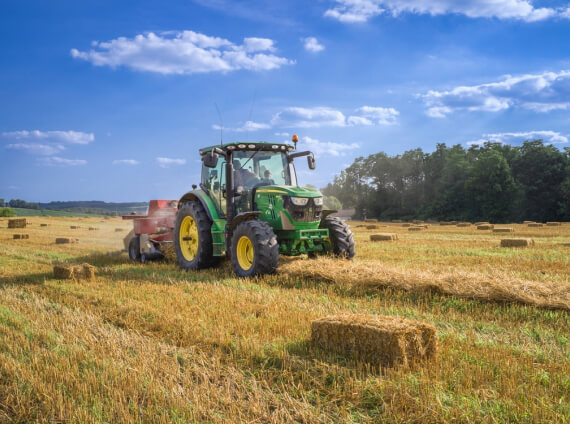
How We Help You with EPR Compliance?
We guide businesses through the complexities of EPR regulations, helping you understand requirements, track product waste, and report accurately. Our services help you earn EPR credits by ensuring that your recycling efforts and waste management meet the set targets, enabling you to reduce your environmental impact and align with global sustainability practices. Whether you are a manufacturer, importer, or retailer, we help you manage your compliance and earn credits to enhance your brand’s environmental reputation.









